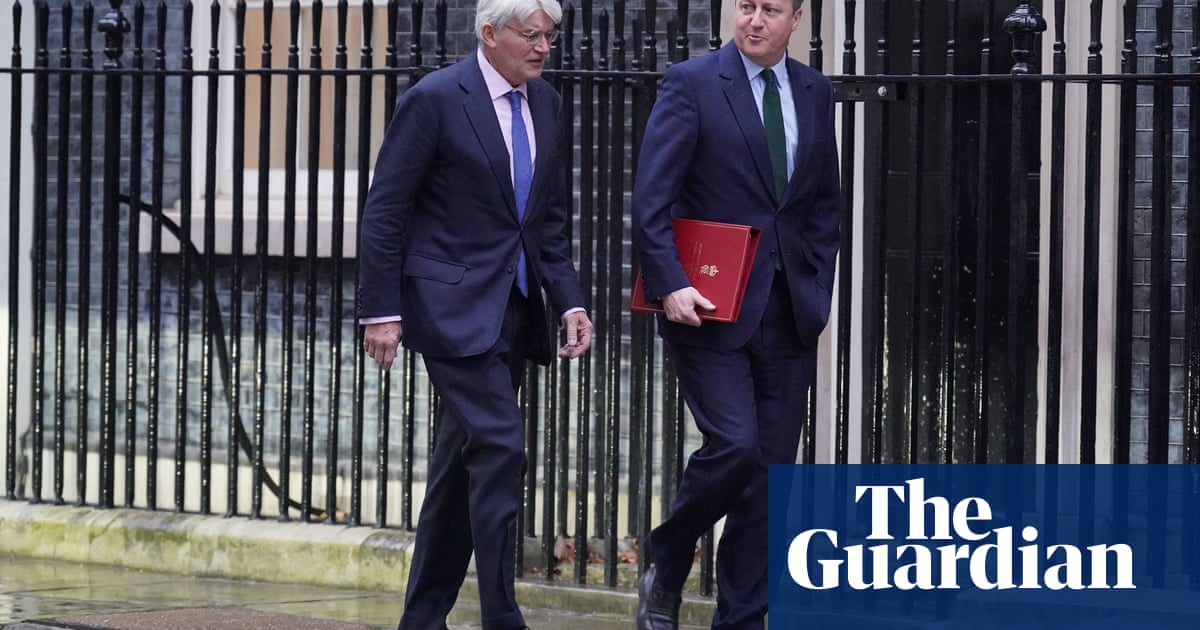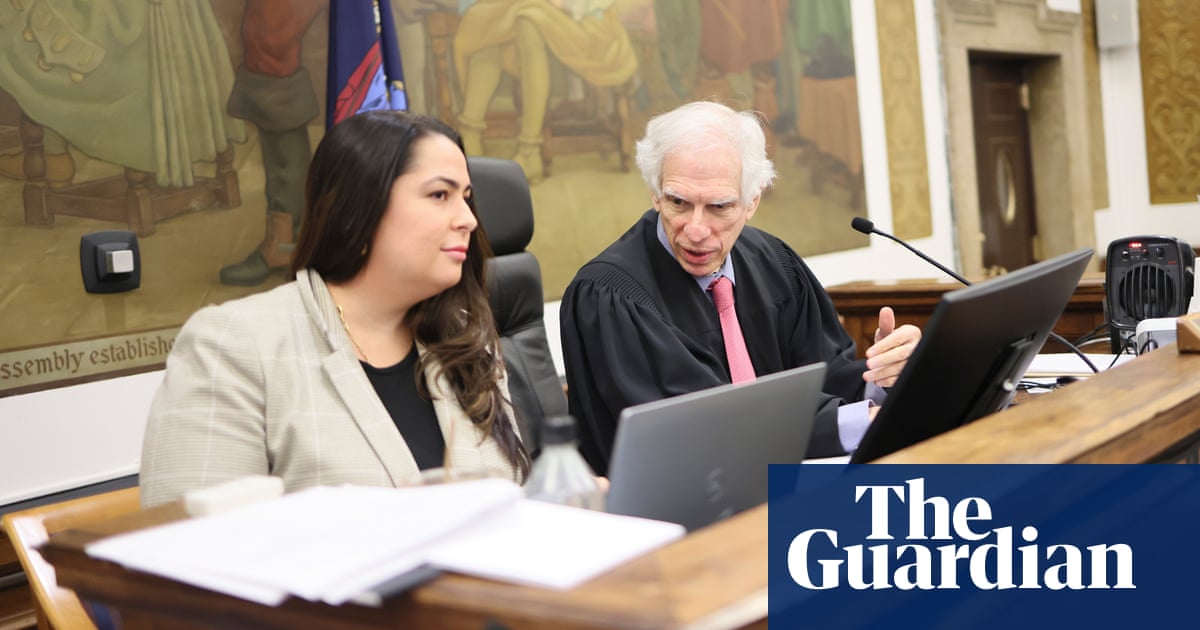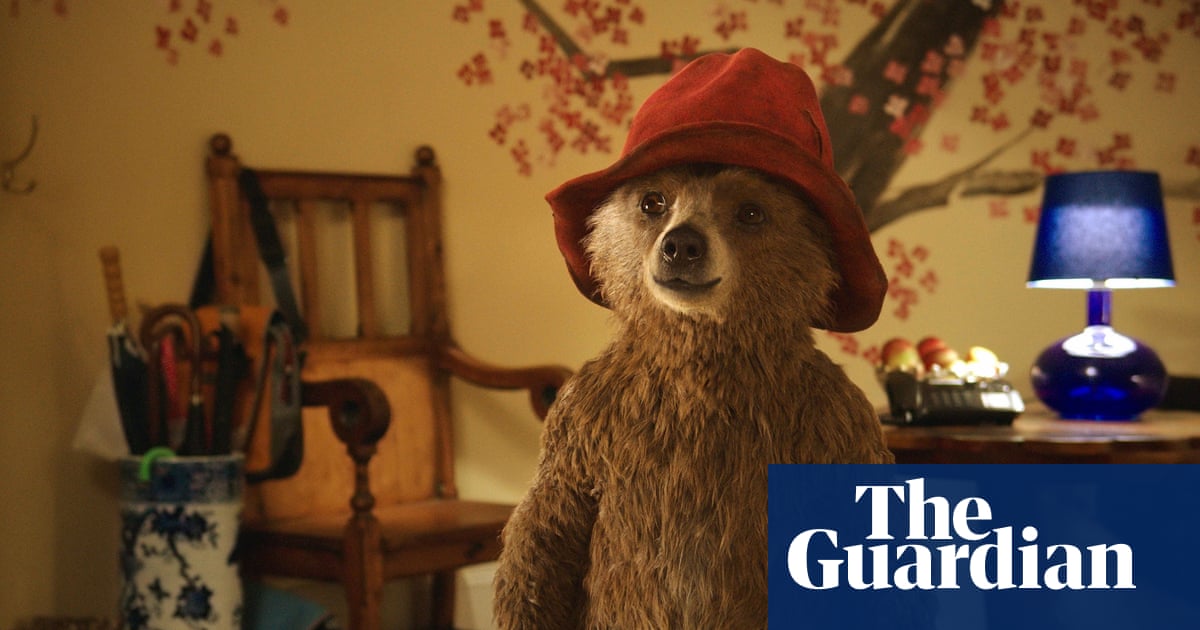
Have you heard the joke about the internet-connected fridge that sent so many text messages it was like having a nagging partner?
It might not leave you in stitches but it is at the centre of a potentially landmark legal case between two standup comedians over who owns the rights to a comedy routine – and whether it’s possible to prove in a British court that a performer has stolen material from a rival.
When up-and-coming comedian Kae Kurd performed a short routine on ITV’s Jonathan Ross’ Comedy Club last September, he gained highly valuable exposure on national television. Kurd told a series of jokes in which he explains to a salesperson that he doesn’t want to buy a smart fridge because it would be needy and harangue him with text messages when he goes on a night out.
“I’m not married for a reason … I don’t want to be out with the lads, suddenly I get a message, and my friends are like ‘is that the fridge again?’” Kurd said to laughter from the crowd, as Ross looked on from the side of the stage.
Watching the programme at home was Darius Davies, a regular on the standup circuit, who had been performing a similar routine about modern household appliances since 2015. In his version, he also explains to a salesperson he doesn’t want to buy a fridge that sends messages while he’s on a night out: “I’ve got a girlfriend, I’ve got a wife, I don’t need no needy fridge texting me letting me know what’s up!”
Davies felt it was more than a coincidence that Kurd’s performance followed a similar structure and featured several other similar jokes to his own established routine. Both comedians had previously appeared together on the same comedy lineups.
At first, Davies privately approached Kurd – whose real name is Korang Abdulla – and asked for an apology. Kurd, who is due to start a UK tour next month, denied any plagiarism and insisted the routine was entirely his own material and any overlap was a coincidence.
Davies, a finalist in the English Comedian of the Year contest, decided not to let the matter drop. Instead, he went public with the claims of plagiarism, editing together a video of their two routines and posted it online, where it went briefly viral in the close-knit world of standup comedy.
“Too many times acts go on television or have a big agent and use someone’s jokes, then try to gaslight the original comedian who wrote the joke,” he told the comedy website Chortle at the time.
One year later, what began as a low-level dispute between two relatively obscure standups has spiralled into a legal battle over who owns a comedy routine. Documents seen by the Guardian show that Kurd has taken the highly unusual decision to begin libel proceedings at the high court against Davies over his public accusations of plagiarism.
“I have been advised to not comment on the recent events and the ongoing legal dispute,” said Davies. “However, I’ve come to realise since lockdown has ended how much I love standup, and if I don’t stick up for what makes the circuit special, then who will? Ultimately comedy disputes should be settled in a green room over a pint not a court room.”
In a sign of the high stakes involved, Kurd has hired Harbottle & Lewis, the lawyers best known for representing the Queen and the rest of the royal family, to pursue the case against his fellow comedian.
Davies is understood to be trying to raise funds to fight the libel case in court. This would pit him against Kurd, a client of the increasingly influential comedy talent agency Up The Creek. A spokesperson for Kurd said they could not go into detail because of the legal action: “The parties are working hard together to resolve this matter amicably. There are always two sides to every story and the aim is a positive resolution.”
If Davies wants to defend himself against Kurd’s libel claim, he would have to risk tens of thousands of pounds in legal fees and prove to a judge that Kurd was ripping off his routine rather than had developed his own similar material.
Another option would be to also launch a counter-claim against Kurd for alleged copyright infringement, although he would be entering a largely untested area of the law. Asserting copyright over a joke, especially when multiple comedians are working on similar material or sharing influences, can be a grey area, with no such case ever thought to have gone to court in the UK. In addition, while it’s possible to copyright the words of a joke, the delivery and style is a different matter.
As a result, British comedians have tended to straighten out their differences in public or with out-of-court settlements to avoid bad publicity – until now.












